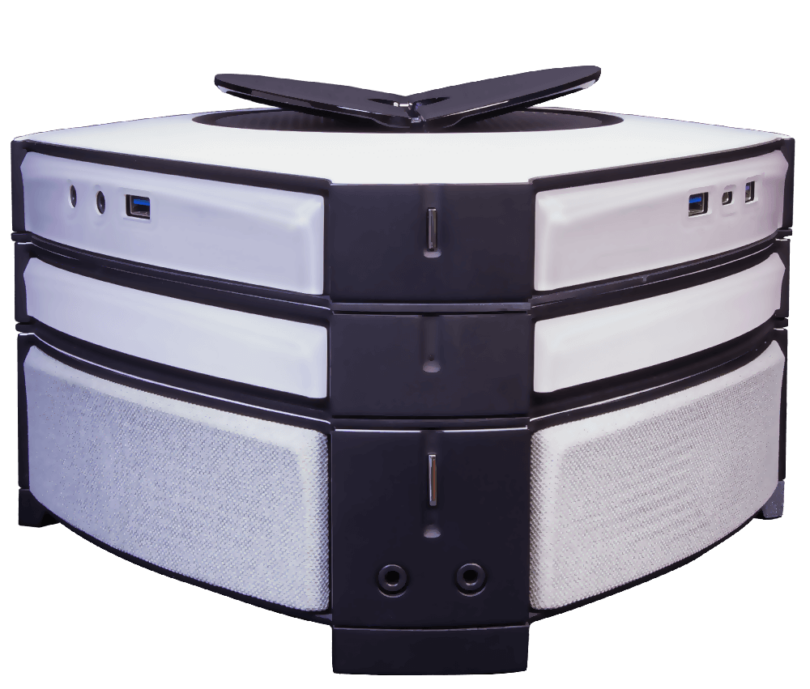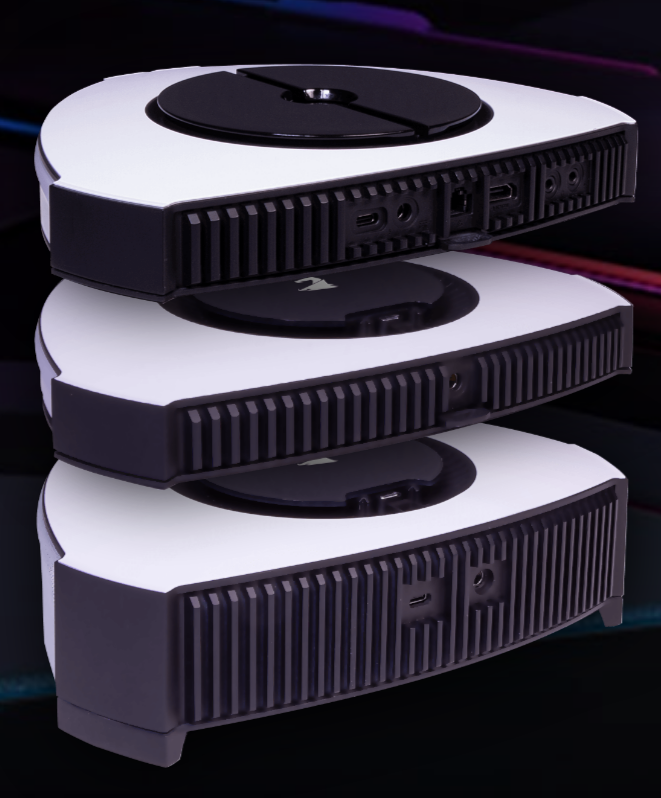View attachment 1418
Googly eyes are cheap....
The problem with modular PCs like this is that there is no guarantee that modules would be made. There would have to be some industry standard for them and then the companies could just sell the outer shell.
I'm no opposed to custom prebuilt PCs. Some designs are pretty innovative. I even own a Zotac E-Series and will be looking at the Magnus One this week for SFF.Nework. However, those PCs you sort of know what you're getting from the get go. With these modular PCs you're hoping you don't waste your investment.
Yeah, these PCs rely on the appearance of an ecosystem of modules and an upgrade path - otherwise their modularity is just a convenient fiction. Which as you say requires standardization and broad adoption. It's not like we haven't seen this before - Acer's Revo Build, Lenovo's ThinkPad Stack, etc. There's also the issue of design - if many different manufacturers make modules, the stacked units will inevitably be a hodge-podge of mismatched parts, which most people won't want. Plus the interface, of course - if these use TB4 for stacking, that's a near $100 increase in the base price per module, which will kill the concept immediately. If it isn't, then there is no true expandability. And if it's a mix, i.e. "GPU modules use TB4 and must be stacked directly next to the core unit, others use USB-C and can stack where ever", then that's a customer service nightmare of "I put my gpu module at the bottom of the stack and now it isn't working!" calls.
IMO, modular concepts like these are kind of like MKBHD's take on the Surface Duo 2: it seems like a good idea at first, but the more you try it the more you realize its inherent issues are too big for it to really make sense, and trying to fix them inevitably makes something else worse.






